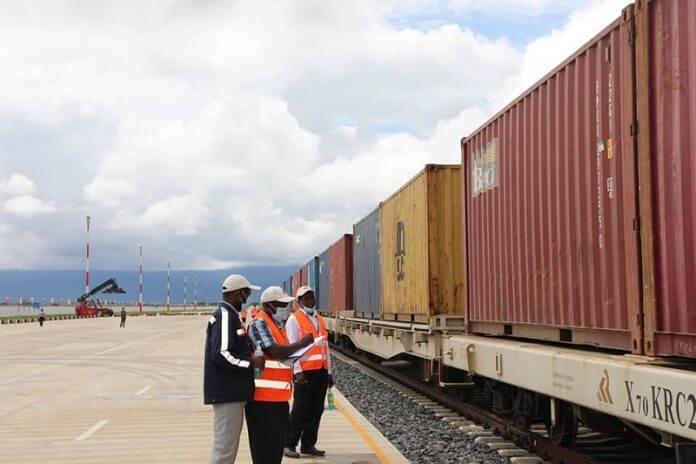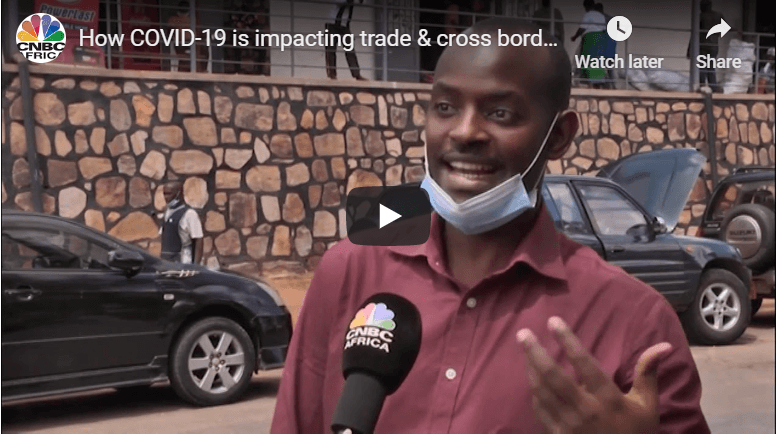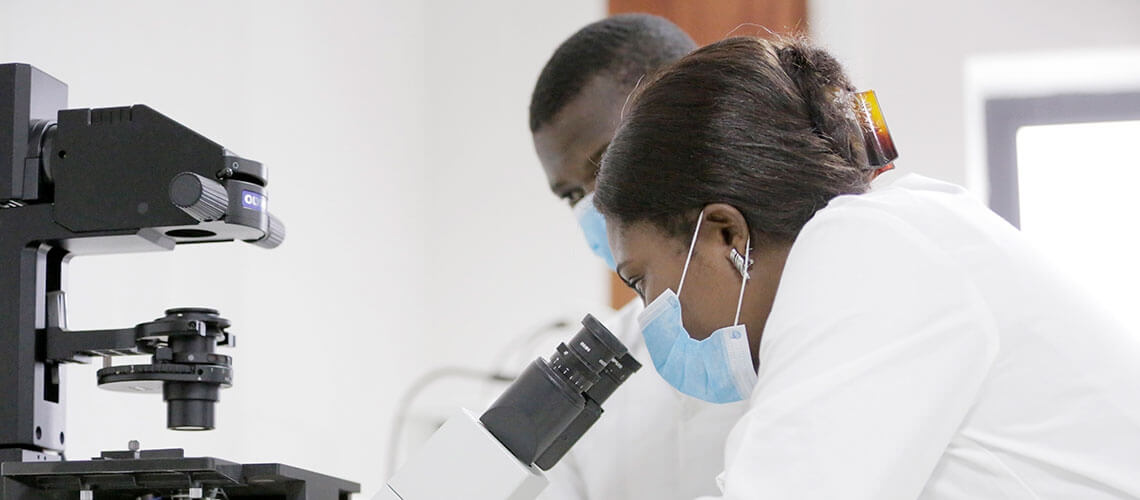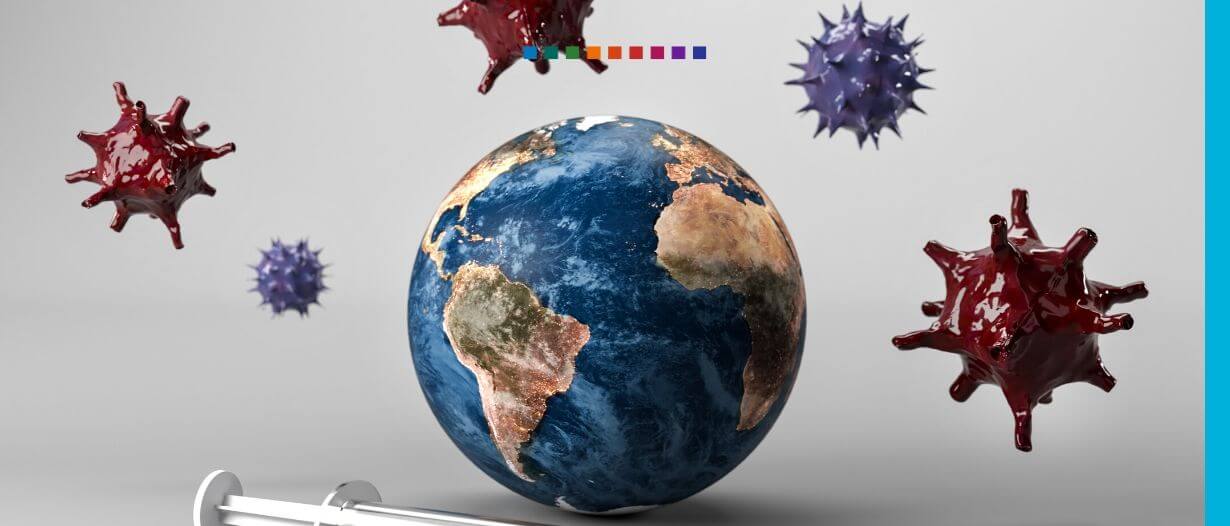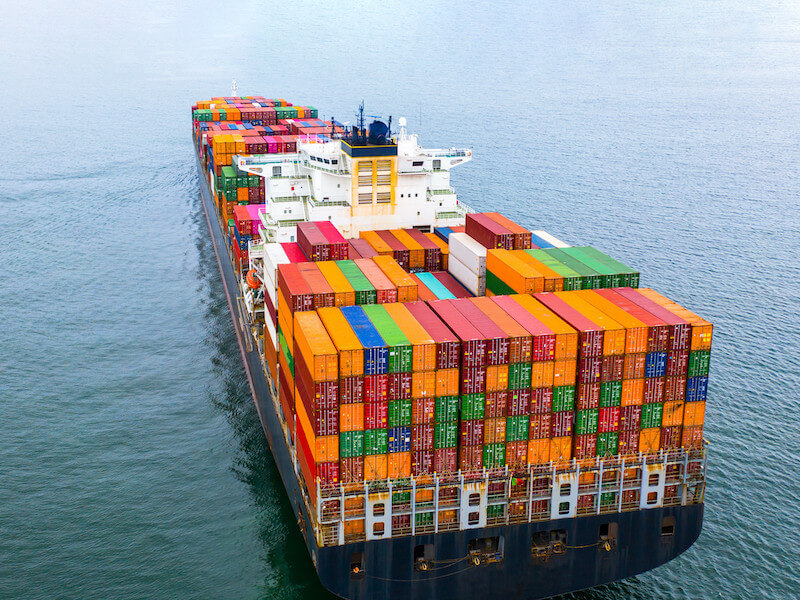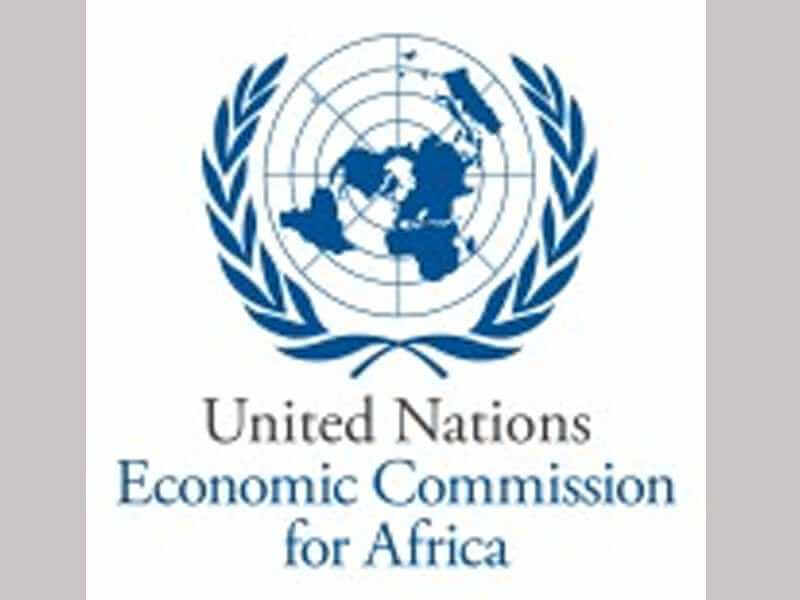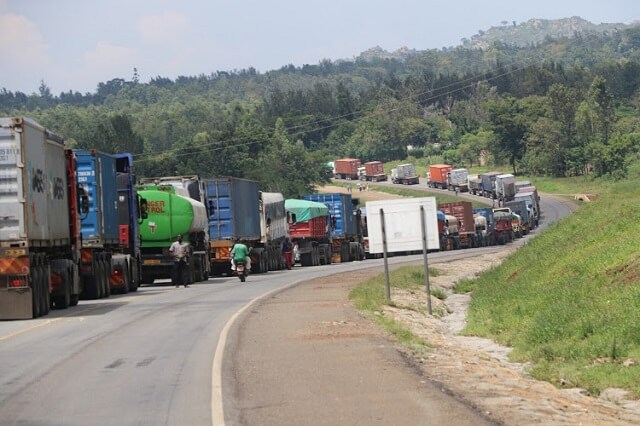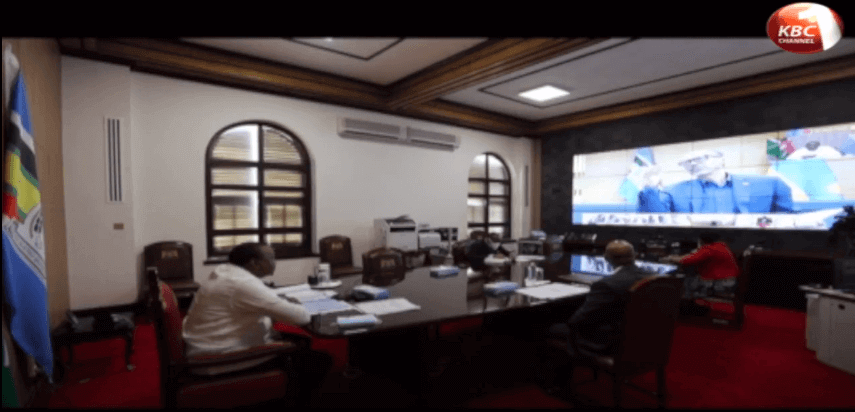All transit cargo destined for Uganda, Rwanda and South Sudan will be transported either on Standard Gauge Railway (SGR) for clearance at the Inland Container Depot (ICD) at Naivasha or Metre Gauge Railway to Tororo/Kampala from 1st June 2020. In a statement Friday, Cabinet Secretary for Transport, Infrastructure, Housing and Urban Development James Macharia says all transit cargo railed to ICD Naivasha will then be collected by trucks to the partner states via Busia or Malaba. He further, said the fuel products will be transported by pipeline to Kisumu and thereafter by lake Victoria to Port Bell or Jinja. he CS also directed that all the transit cargo/containers transported on SGR will be armed only at ICD at Naivasha to be tracked through the Regional Electronic Cargo Tracking System; and all exports (both full and empty exports) not railed on metre gauge railway will be delivered to ICD for railage to the Port of Mombasa. “The Heads of State, Their Excellencies President Paul Kagame of the Republic of Rwanda; President Uhuru Kenyatta of the Republic of Kenya; President Yoweri Kaguta Museveni of the Republic of Uganda and President Salvar Maryardit Kiir of the Republic of South Sudan during their Consultative Meeting of the East African Community held by Video Conference on 12th May 2020 considered the current status of the outbreak of the Covid-19 Pandemic in the region and directed the Ministers responsible for Health, Transport, and EAC Affairs to adopt a Digital Surveillance and Tracking System for drivers and...
Transit cargo destined for Uganda, Rwanda & S. Sudan to be transported by SGR
Posted on: May 29, 2020
Posted on: May 29, 2020

